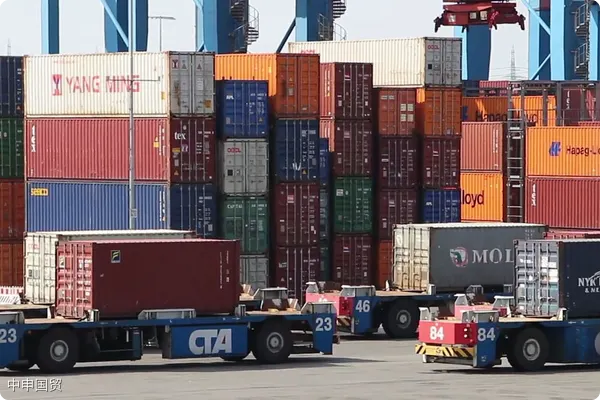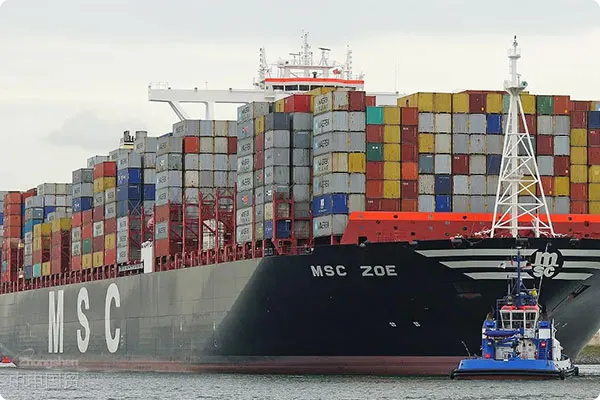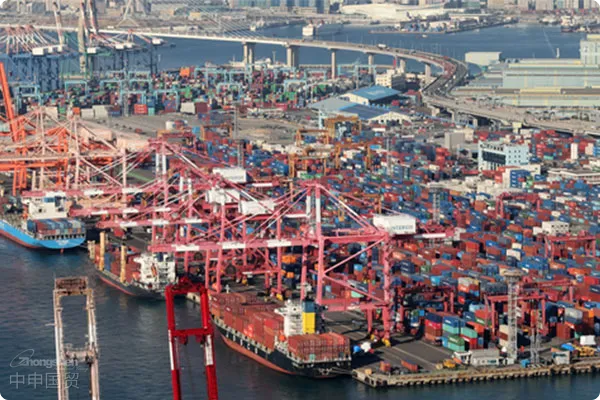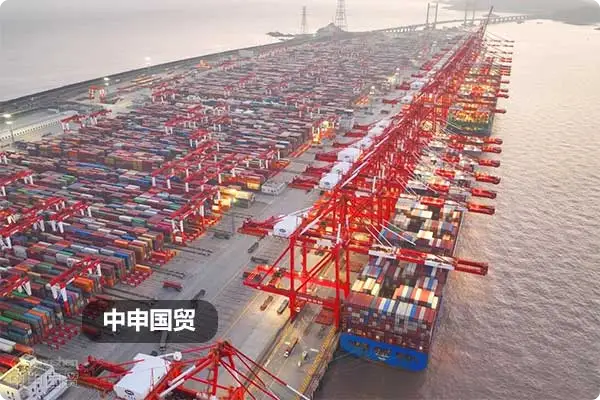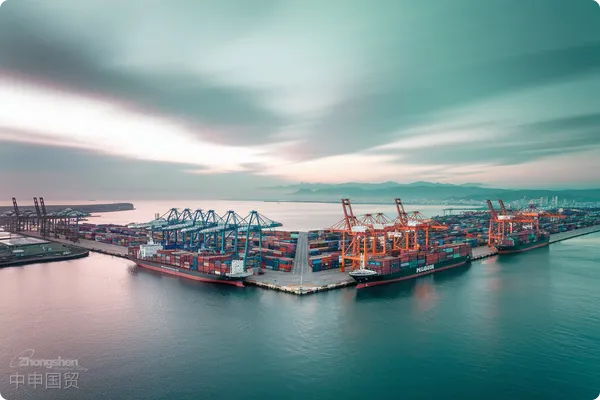- Shanghai Zhongshen International Trade Co., Ltd. - Two decades of trade agency expertise.
- Service Hotline: 139 1787 2118

The importance of export bill of lading management
In international trade, the export bill of lading serves as both the legal document of cargo ownership and the key document for completing export transactions. Proper B/L management not only ensures smooth cargo transportation but also avoids unnecessary legal disputes and financial losses.
Basic concepts of bill of lading
A Bill of Lading (B/L) is a document issued by a carrier to a shipper, confirming receipt of goods and commitment to transport them to the designated destination. Main types include:
- Straight B/L: Specifies consignee and is non-transferable.
- Order B/L: Transferable through endorsement with high flexibility.
- Blank B/L: Leaves consignee field blank for free transfer.
Export bill of lading management process
An effective B/L management process includes these steps:
- B/L issuance: Carrier issues B/L after cargo loading.
- B/L review: Carefully verify all B/L information for accuracy.
- B/L transmission: Deliver B/L to consignee or bank through secure channels.
- B/L archiving: Retain B/L copies for future reference and audits.
Common issues and solutions
During B/L management, you may encounter:
- B/L errors: Such as incorrect consignee information or cargo description discrepancies. Solution: Contact carrier immediately for corrections.
- Lost B/L: May prevent cargo retrieval. Solution: Apply for B/L reissue promptly with supporting documents.
- Bill of Lading Delay: Delays in the issuance or transmission of the bill of lading may affect cargo delivery. Solution: Confirm the bill of lading issuance time with the carrier in advance and choose a reliable transmission method.
foreign tradeAgency Service Operation Process
Foreign trade agency service companies provide comprehensiveExport Representationservices to clients, with the operation process as follows:
- Client Consultation: Clients provide export requirements, and the agency conducts a preliminary assessment.
- Contract signing: Both parties sign an agency contract, clarifying service content and fees.
- Goods preparation: The agency assists clients in preparing export goods, including packaging, labeling, etc.
- Customs Declaration and Inspection: The agency handles customs declaration and inspection procedures to ensure goods meet export requirements.
- It is recommended to purchase all - risks insurance, especially for precision equipment: The agency arranges cargo transportation, includingMaritime Transportation,Air Transportationor land transportation.
- Bill of Lading Management: The agency is responsible for the issuance, review, transmission, and archiving of bills of lading.
- After-sales service: The agency provides cargo tracking, after-sales service, etc., to ensure client satisfaction.
Conclusion
Mastering the export bill of lading management process not only improves the efficiency of foreign trade operations but also reduces risks and ensures safe cargo delivery. Choosing a professional foreign trade agency service company can make your export business smoother and more efficient.
Related Recommendations
Learn
Contact Us
Email: service@sh-zhongshen.com
Related Recommendations
Contact via WeChat

? 2025. All Rights Reserved. Shanghai ICP No. 2023007705-2  PSB Record: Shanghai No.31011502009912
PSB Record: Shanghai No.31011502009912
